New Advancements in Battery Tech Could Transform Battery Manufacturing Equipment Standards
LG Energy Solution is advancing its development of dry electrode technology, aiming to revolutionize battery production with a more cost-effective and space-efficient process. Unlike the conventional wet electrode method—which requires solvent use, drying, and solvent recovery—the dry process involves only solid powder mixing, eliminating the need for drying and solvent recovery systems. This streamlined approach is expected to significantly cut facility investment and processing costs, while optimizing manufacturing space and enhancing overall productivity. Equipment and components used in battery production usually require KCs Certification in order to be approved for import and sale in Korea.
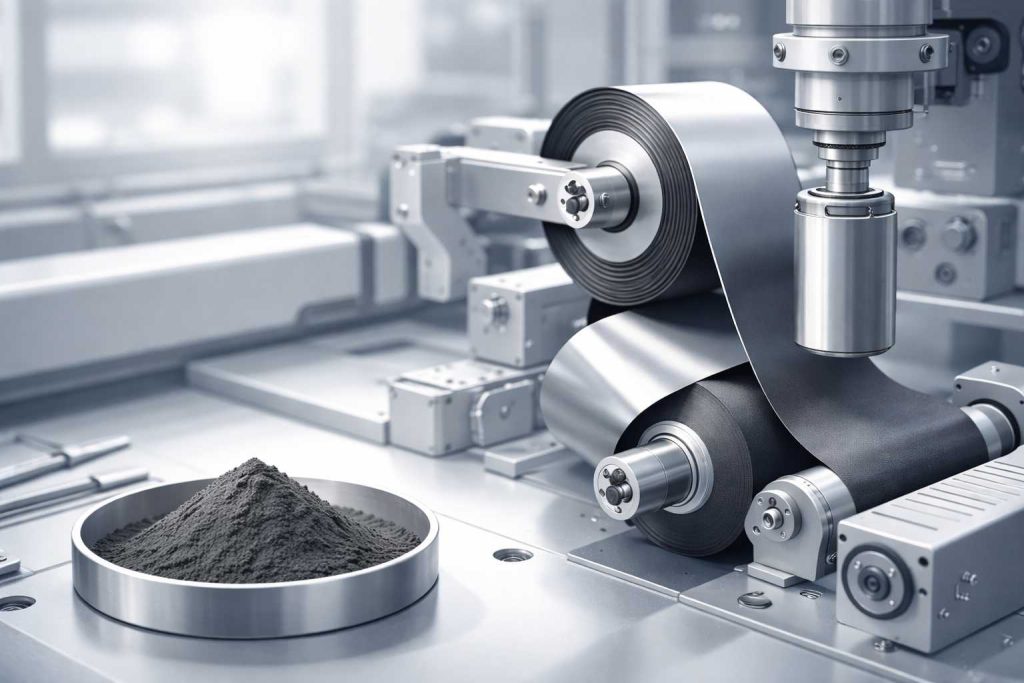
The company has started constructing pilot production lines at its Ochang Energy Plant in Korea, with plans to begin commercial-scale output by 2028. The dry electrode process is not only expected to improve battery manufacturing but also boost the cost competitiveness of electric vehicles, drawing considerable interest from automakers and battery producers across South Korea, China, and Japan. Building on over 30 years of battery innovation, LG Energy Solution is also expanding its technology portfolio, including premium High-Ni NCMA batteries, Mid-Ni NCM, and LFP products to serve a wider market. Additionally, the company is preparing for mass production of its 46-Series batteries and scaling up its LFP-based energy storage solutions.
Feel free to contact us any time if you need assistance or have any questions regarding Korean certifications like KC, KC EMC, KCs, KCs for explosion safety products or KGS factory registration.
Tel. Europe: +49-69-271 37 69 259
Tel. US: +1 773 654-2673
Email: info@korea-certification.com
For more information you can download our free brochure “Korea Certification Made Easy – The Booklet“.
Samsung SDI Advances ASSB Commercialization Through Trilateral Testing Collaboration
Samsung SDI has entered a trilateral agreement with Germany’s BMW Group and U.S.-based Solid Power to advance the validation of all-solid-state batteries (ASSBs). As part of the project, Samsung SDI will provide ASSB cells using Solid Power’s solid electrolyte technology, which enhances energy density and safety. BMW will be responsible for developing battery modules and packs, integrating the cells into its upcoming evaluation vehicles. The three companies will jointly conduct specific testing to assess battery performance under predefined conditions. Many products related to e-mobility usually require specific testing and requirement management in order to be approved for import and sale in Korea.
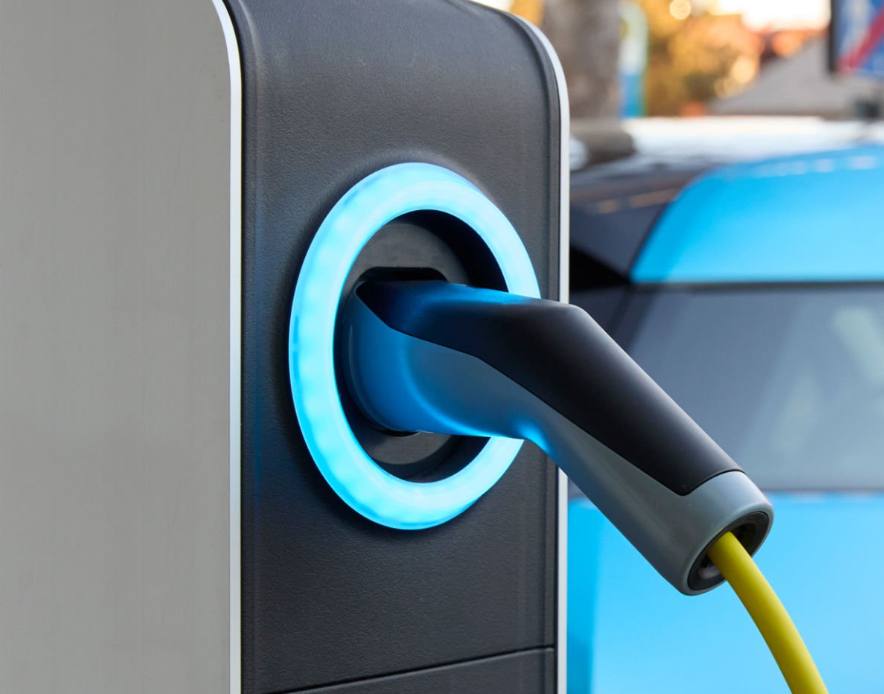
Compared to conventional lithium-ion batteries, ASSBs utilize solid electrolytes, offering higher energy density and improved safety, which support longer driving ranges without increasing system weight. The collaboration is seen as a strategic move to build a robust global value chain, bringing together Samsung SDI’s battery expertise, BMW’s automotive capabilities, and Solid Power’s material technologies. Samsung SDI, which launched Korea’s first pilot ASSB production line at its Suwon R&D Center in 2023, is currently testing prototypes with several clients. The company is also scaling up cell sizes and refining manufacturing and supply chain processes in preparation for mass production. With demand for ASSBs expanding into fields such as robotics, Samsung SDI is engaging with new potential partners to drive further commercialization.
Also read our related article “South Korea introduces Government-Led EV Battery Certification and Tracking“
Feel free to contact us any time if you need assistance or have any questions regarding Korean certifications like KC, E-Mobility Requirement Management, KC EMC, KCs, KCs for explosion safety products or KGS factory registration.
Tel. Europe: +49-69-271 37 69 259
Tel. US: +1 773 654-2673
Email: info@korea-certification.com
For more information you can download our free brochure “Korea Certification Made Easy – The Booklet“.
LG Energy Solution Expands LFP Battery Production for ESS with KC Certification
LG Energy Solution has announced plans to domestically manufacture lithium iron phosphate (LFP) batteries for energy storage systems (ESS) in South Korea. On November 17, the company held an official event at its Ochang Energy Plant in North Chungcheong Province to mark the initiative. Construction of the new LFP production lines is scheduled to begin at the end of this year, with full-scale operations targeted for 2027. Initial production will start at a scale of 1 GWh, with potential capacity expansion depending on future market demand. ESS batteries and related systems usually require KC Safety certification in order to be approved for import and sale in Korea.
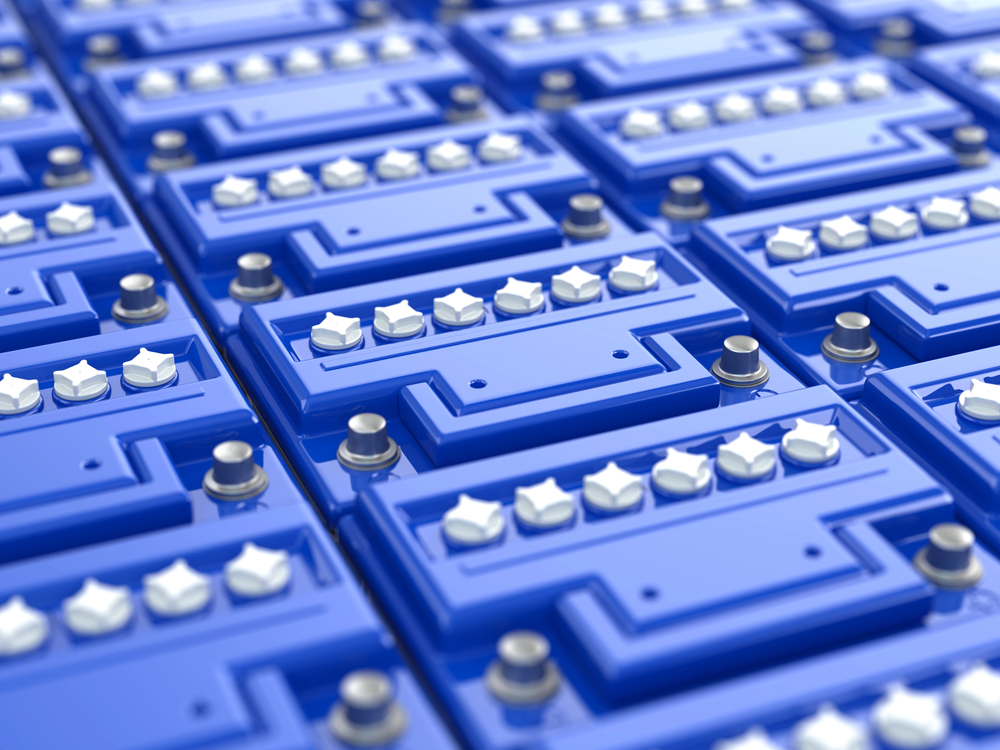
LG Energy Solution is currently the only non-Chinese company with a mass production system for ESS-specific LFP batteries. The company intends to transfer its production expertise from its facilities in Nanjing, China, and Michigan, USA, directly to the Ochang Energy Plant to help develop Korea’s domestic ESS ecosystem. In parallel, it aims to localize the sourcing of LFP battery materials—currently reliant on global supply chains—by collaborating with North Chungcheong Province and domestic suppliers. LFP technology is considered optimal for ESS applications due to its strong cost competitiveness and low fire risk. LG’s LFP products meet UL’s UL9540A fire safety standards and have passed Korea’s NFPC607 tests, demonstrating robust performance under thermal runaway conditions. These safety levels are attributed to LG’s proprietary battery management system (BMS) and integrated design across cell, module, and pack levels.
Feel free to contact us any time if you need assistance or have any questions regarding Korean certifications like KC, KC EMC, KCs, KCs for explosion safety products or KGS factory registration.
Tel. Europe: +49-69-271 37 69 259
Tel. US: +1 773 654-2673
Email: info@korea-certification.com
For more information you can download our free brochure “Korea Certification Made Easy – The Booklet“.
Hyundai Launches Construction of Hydrogen Fuel Cell Production Hub in Ulsan
Hyundai Motor has initiated construction of a large-scale hydrogen fuel cell production facility at its Ulsan site, marking a strategic step in strengthening its global position in hydrogen-powered mobility and energy systems. Spanning over 95,000 square meters and scheduled for completion by 2027, the facility will integrate both chemical and assembly processes to support an annual production capacity of 30,000 hydrogen fuel cell units. It will also house Korea’s first proton exchange membrane (PEM) water electrolyzer. The project involves an investment of KRW 930 billion and repurposes part of a former internal combustion engine transmission plant, reflecting Hyundai’s shift toward sustainable technologies. Equipment and products related to hydrogen power generation usually require KGS registration in order to be approved for import and sale in Korea.
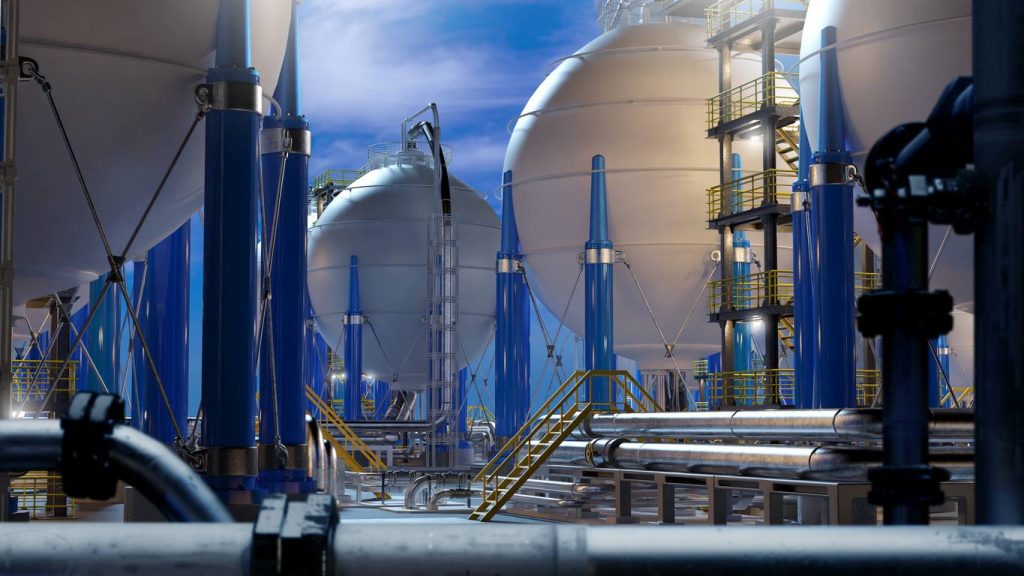
The plant aims to advance the next generation of hydrogen fuel cells by enhancing performance and cost efficiency, targeting use cases beyond passenger vehicles, including ships and construction machinery. PEM electrolyzers under development are expected to supply high-purity hydrogen for diverse applications, building on pilot projects such as a 1MW container-type electrolyzer producing over 300 kg of hydrogen daily. During the groundbreaking ceremony, attended by government officials and industry leaders, Hyundai signed an MOU with KGM Commercial to promote hydrogen-powered buses in Korea. The facility is also expected to boost the national hydrogen economy and contribute to regional development, with both government and industry stakeholders pledging continued support for hydrogen innovation.
Feel free to contact us any time if you need assistance or have any questions regarding Korean certifications like KC, KC EMC, KCs, KCs for explosion safety products or KGS factory registration.
Tel. Europe: +49-69-271 37 69 259
Tel. US: +1 773 654-2673
Email: info@korea-certification.com
For more information you can download our free brochure “Korea Certification Made Easy – The Booklet“.
SK hynix Prepares M15X Facility for HBM4 Production Amid Global Demand Surge
SK hynix has begun installing industrial machinery at its new M15X fabrication plant in Cheongju, North Chungcheong Province, marking a significant step toward ramping up high bandwidth memory (HBM) production in Korea. The M15X, an expansion of the existing M15 facility, is expected to become the company’s primary production center for HBM products. Construction is set to be completed within the year, with operations scheduled to begin in 2026. As part of the preparation, SK hynix has also transferred some of its staff from its Icheon headquarters to the Cheongju site. Industrial machinery usually requires KCs certification in order to be approved for import and sale in Korea.
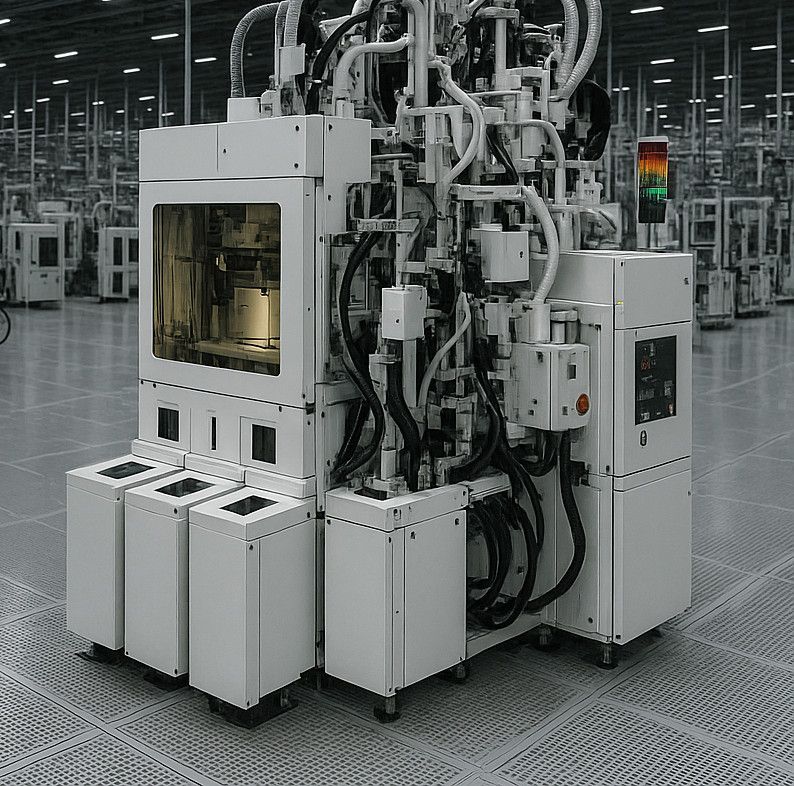
This new facility is anticipated to strengthen SK hynix’s position in the competitive HBM market, especially as global demand continues to rise. The company has finalized mass production readiness for its latest HBM4 products and is in the final negotiation stages with Nvidia regarding supply agreements.
Feel free to contact us any time if you need assistance or have any questions regarding Korean certifications like KC, KC EMC, KCs, KCs for explosion safety products or KGS factory registration.
Tel. Europe: +49-69-271 37 69 259
Tel. US: +1 773 654-2673
Email: info@korea-certification.com
For more information you can download our free brochure “Korea Certification Made Easy – The Booklet“.
Strengthening of AI Infrastructure with Regional Data Center Expansion and Global Alliances in Korea
SK Group has announced plans to construct artificial intelligence (AI) data centers in both the Yeongnam and Honam regions of Korea, reinforcing its long-term AI-driven growth strategy. This initiative is part of an 82 trillion-won investment plan laid out by Chairman Chey Tae-won, aimed at expanding the group’s presence in future industries, particularly AI. The company has already started developing a hyperscale AI data center in Ulsan with Amazon Web Services and is now collaborating with OpenAI for a facility in the Honam region. These centers will help form an “AI belt” that connects Korea’s southeastern and southwestern regions, providing essential infrastructure for nationwide AI transformation. Many electronic devices used with AI technology usually require KC EMC certification in order to be approved for import and sale in Korea.
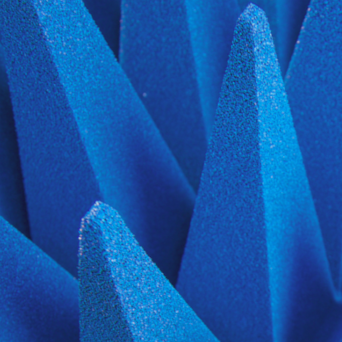
SK is reinforcing its AI industry capabilities through collaboration with major tech firms and by leveraging its internal expertise in semiconductors, energy, and data center operations. SK hynix is advancing high bandwidth memory (HBM) for AI chips, while SK Innovation is developing energy solutions, including LNG, ESS, and SMR technologies. Group affiliates such as SK Telecom, SK Broadband, and SK AX are also contributing with their experience in data center operations. Meanwhile, SK Ecoplant is adapting its semiconductor factory construction know-how to AI infrastructure projects. The group’s global partnerships — including alliances with NVIDIA, TSMC, Amazon, Microsoft, and OpenAI — are accelerating its AI ecosystem, supported by Chey’s active engagement with international tech leaders. Upcoming global summits will further facilitate SK’s AI expansion efforts.
Feel free to contact us any time if you need assistance or have any questions regarding Korean certifications like KC, KC EMC, KCs, KCs for explosion safety products or KGS factory registration.
Tel. Europe: +49-69-271 37 69 259
Tel. US: +1 773 654-2673
Email: info@korea-certification.com
For more information you can download our free brochure “Korea Certification Made Easy – The Booklet“.
Korea Zinc Launches Gallium Facility to Reduce Reliance on Chinese Supply
Korea Zinc has announced plans to establish a gallium recovery plant at its Onsan smelter in Ulsan, as part of a broader strategy to secure supply chains for strategic minerals traditionally dominated by China. The company will invest 55.7 billion won (approximately $39.3 million) in the facility, with pilot operations set to begin in the first half of 2028. Once fully operational, the plant is projected to yield 15.5 metric tons of gallium annually, with estimated profits of 11 billion won based on current market prices. Supported by in-house research and development, Korea Zinc has commercialized its gallium extraction technology, enabling cost-effective and profitable production. Machinery usually requires KCs certification in order to be approved for import and sale in Korea.
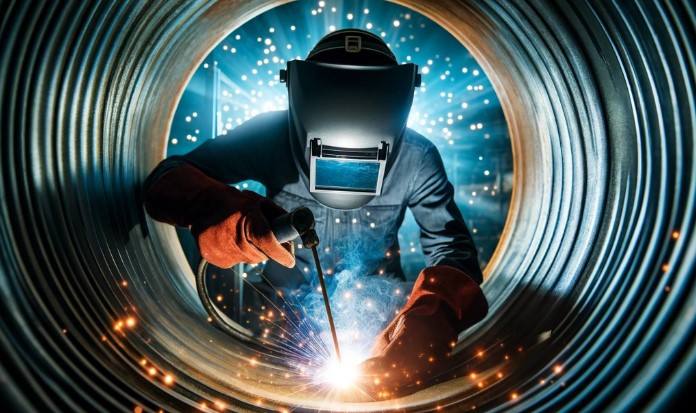
Gallium, a mineral essential for advanced electronic applications such as semiconductors and LEDs, has been classified as a critical mineral by both the Korean government and the U.S. Department of Energy. Currently, China controls nearly 98.7 percent of global gallium output, and its recent export bans have heightened international concerns about supply chain vulnerabilities. Korea Zinc’s new facility aims to counteract these risks while also enabling the recovery of over 16 tons of indium annually as a by-product, adding another 8 billion won in potential revenue. The company, already the world’s largest non-Chinese indium refiner, continues to bolster its technological capabilities. Notably, its proprietary low-temperature, low-pressure hematite process has been designated a National Core Technology by Korea’s Ministry of Industry.
Feel free to contact us any time if you need assistance or have any questions regarding Korean certifications like KC, KC EMC, KCs, KCs for explosion safety products or KGS factory registration.
Tel. Europe: +49-69-271 37 69 259
Tel. US: +1 773 654-2673
Email: info@korea-certification.com
For more information you can download our free brochure “Korea Certification Made Easy – The Booklet“.
South Korea Identifies 39 Non-Compliant Imported Products in Safety Inspection
The Korean Agency for Technology and Standards (KATS) has announced the results of its latest safety inspection on imported consumer goods purchased through overseas online platforms. Out of 206 products examined, 39 items failed to meet Korean safety standards, representing a non-compliance rate of 18.9 %, nearly four times higher than the average rate for domestically distributed products earlier this year.
The investigation focused on products popular for outdoor and daily use in the autumn season. Electrical devices, helmets, and children’s items usually require KC Safety Certification in order to be approved for import and sale in Korea. Tests covered chemical substance detection, electric-shock protection, and impact resistance, among other safety criteria.
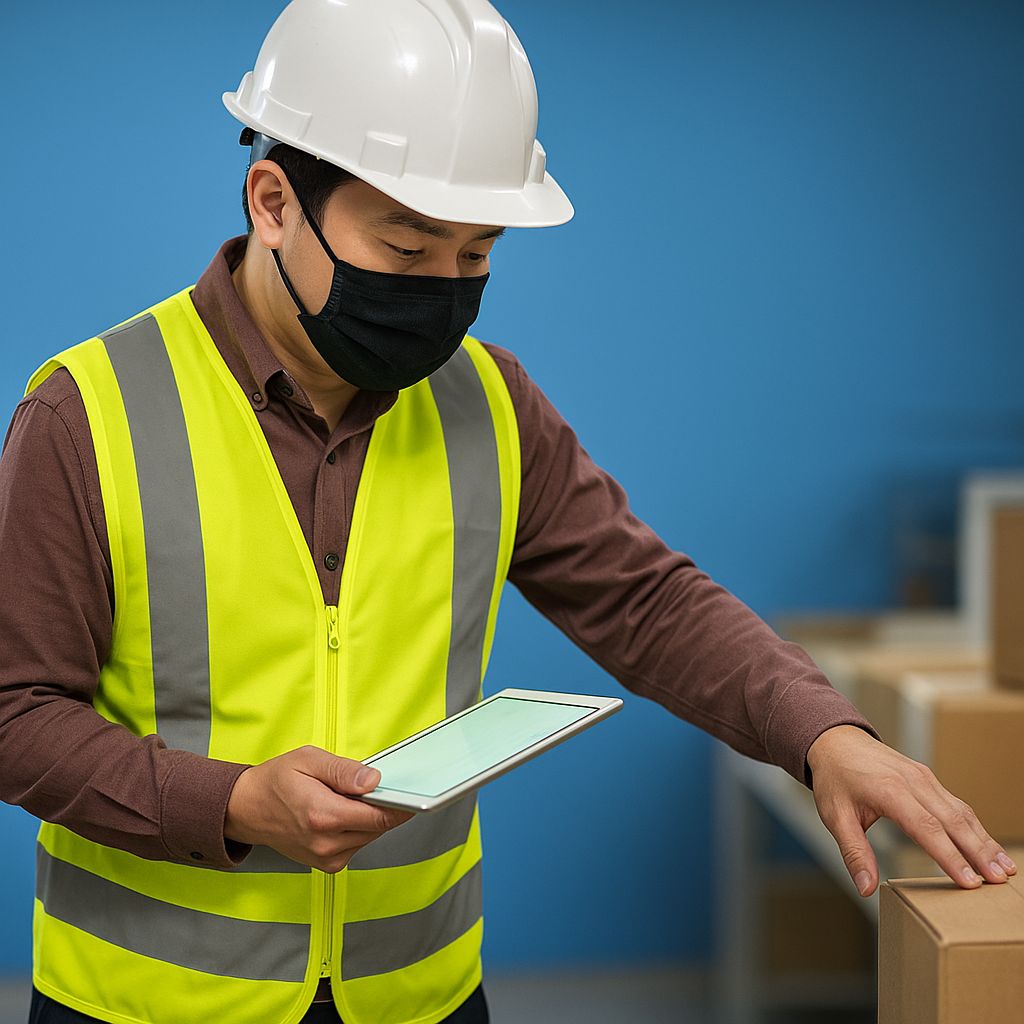
Major Findings by Category
- Household products: 11 items failed, including eight types of bicycle and motorcycle helmets. Several helmets broke or detached during dynamic-tension testing, revealing weak fastening systems that could not maintain required strap strength under load.
- Children’s products: 9 items were found non-compliant, including toys containing excessive levels of phthalate plasticizers—up to 420 times the permitted concentration—and slime toys with boron content nearly five times above the limit.
- Electrical goods: 19 items were identified as hazardous, such as DC power adapters and multi-socket plugs with insufficient insulation clearance and excessive temperature rise, creating potential fire and shock risks.
Examples of Non-Conforming Products
Among the products that failed testing were:
- Adult bicycle helmets whose chin-strap buckles tore or slipped open under tension, violating impact and retention strength criteria.
- A portable 100 W USB-C multi-port charger that reached over 130 °C at the coil during operation—well above the 110 °C safety threshold.
- A multi-socket power strip where live parts were exposed, making electric shock possible during normal use.
- A children’s sticker toy set containing phthalate levels exceeding limits by more than 300-fold, posing chemical exposure risks for young users.
- Electric scooters that reached top speeds of 38–39 km/h, exceeding the legal limit of 25 km/h for personal mobility devices.
Director-General Kim Dae-ja stated that additional inspections will be carried out later this year, focusing on winter products, and that authorities will continue monitoring to prevent unsafe goods from re-entering the domestic market.
Feel free to contact us any time if you need assistance or have any questions regarding Korean certifications like KC, KC EMC, KCs, KCs for explosion safety products or KGS factory registration.
Tel. Europe: +49-69-271 37 69 259
Tel. US: +1 773 654-2673
Email: info@korea-certification.com
For more information you can download our free brochure “Korea Certification Made Easy – The Booklet“.
KGS and KATECH Partner to Advance Hydrogen Safety and Carbon-Neutral Mobility
On the 19th, the Korea Gas Safety Corporation (KGS) signed a memorandum of understanding (MOU) with the Korea Automotive Technology Institute (KATECH) to promote carbon neutrality and support the growth of the hydrogen economy. This partnership aims to strengthen both institutions’ capabilities—KGS in hydrogen safety management and KATECH in future mobility technologies—by combining their independently developed expertise to enhance the safety and reliability of the rapidly expanding hydrogen sector. Products and components used in hydrogen related systems usually require KGS certification in order to be approved for import and sale in Korea.
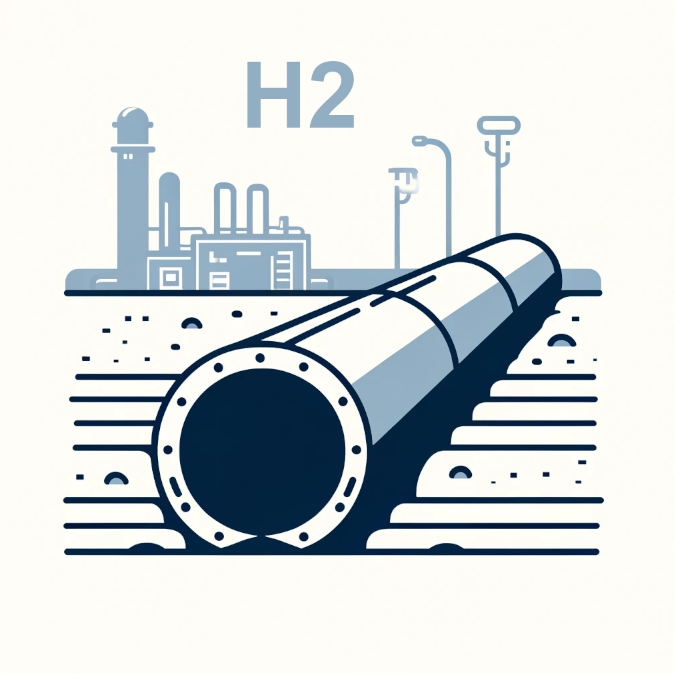
The agreement outlines a commitment to collaborate on technologies that support eco-friendly mobility and infrastructure, as well as initiatives to assist domestic companies entering international markets by providing access to testing and equipment resources. KGS plans to deepen its collaboration with KATECH through joint R&D projects and participation in government-led research initiatives, contributing to safer hydrogen applications and accelerating the transition toward a sustainable energy society. KGS President Park Kyung-guk emphasized during the signing ceremony that hydrogen is a core energy source for the carbon-neutral era, and securing a foundation for its safe use is critical to the industry’s long-term viability.
Feel free to contact us any time if you need assistance or have any questions regarding Korean certifications like KC, KC EMC, KCs, KCs for explosion safety products or KGS factory registration.
Tel. Europe: +49-69-271 37 69 259
Tel. US: +1 773 654-2673
Email: info@korea-certification.com
For more information you can download our free brochure “Korea Certification Made Easy – The Booklet“.
Samsung revives P5 Project as AI Demand spurs Investment
Samsung Electronics is reportedly resuming construction of its advanced Pyeongtaek Plant 5 (P5) after a two-year suspension. The renewed push is attributed to recent breakthroughs in high-bandwidth memory (HBM) and next-generation DRAM technologies, along with projected rapid growth in the artificial intelligence (AI) chip sector. These developments are fueling new domestic investment initiatives by the tech giant. Equipment and components involved in chip production usually require KCs certification in order to be approved for import and sale in Korea.
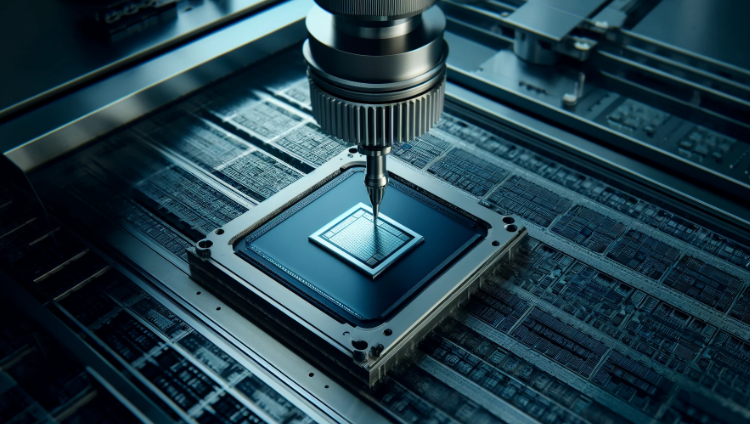
Industry insiders revealed on July 1 that company leadership is in active discussions regarding both construction and capital deployment for the P5 site. Preliminary steps have already begun, with staff assigned to reorganize materials on location. Full-scale deployment of heavy machinery is anticipated as early as October.
Feel free to contact us any time if you need assistance or have any questions regarding Korean certifications like KC, KC EMC, KCs, KCs for explosion safety products or KGS factory registration.
Tel. Europe: +49-69-271 37 69 259
Tel. US: +1 773 654-2673
Email: info@korea-certification.com
For more information you can download our free brochure “Korea Certification Made Easy – The Booklet“.



